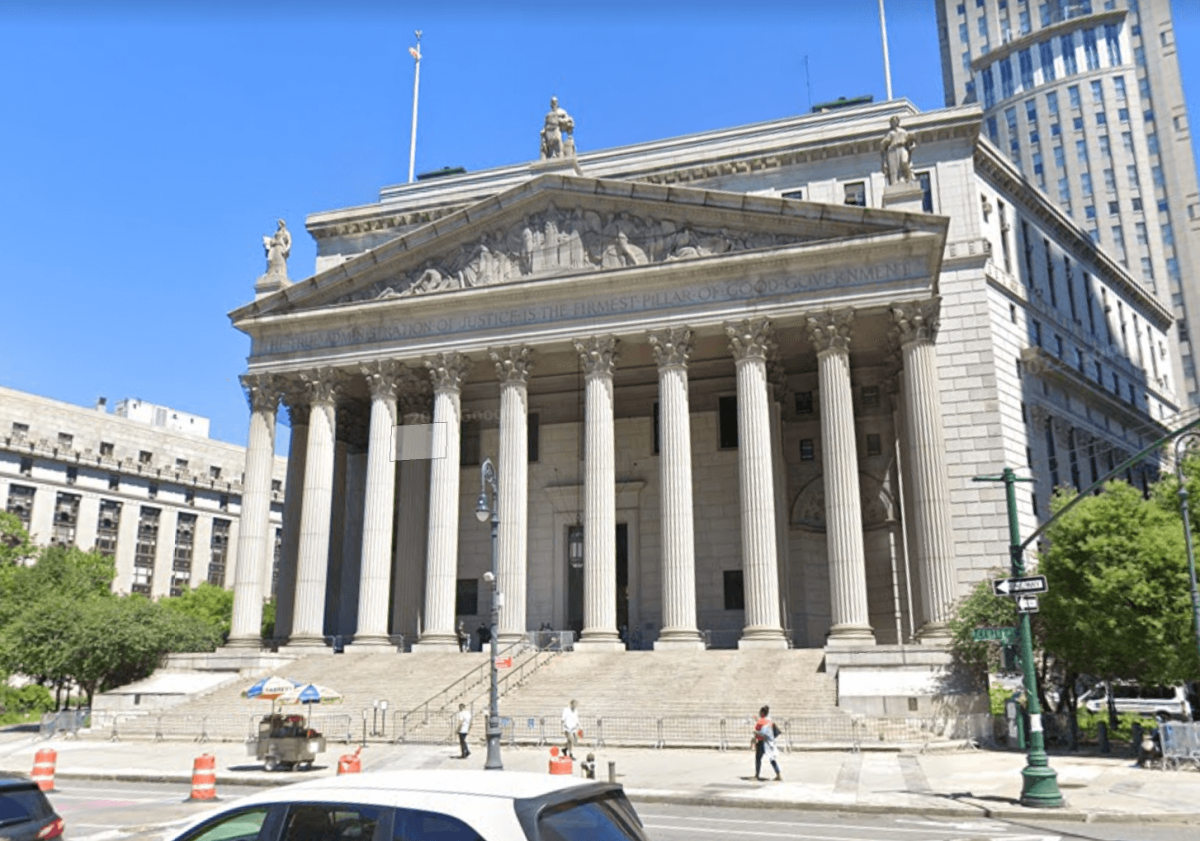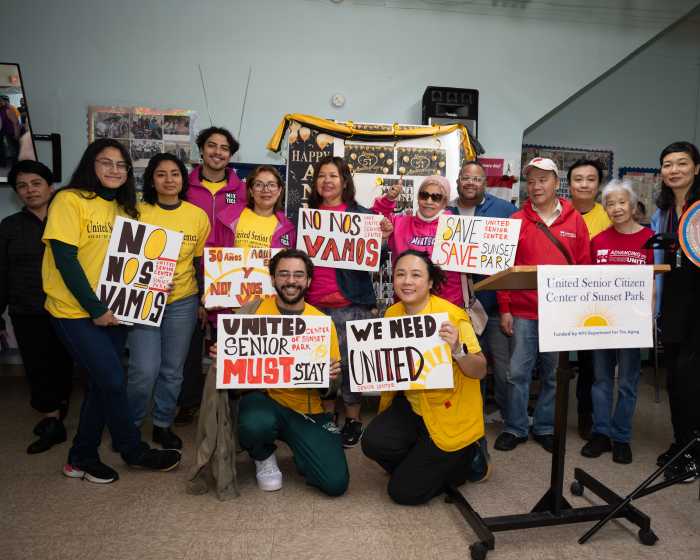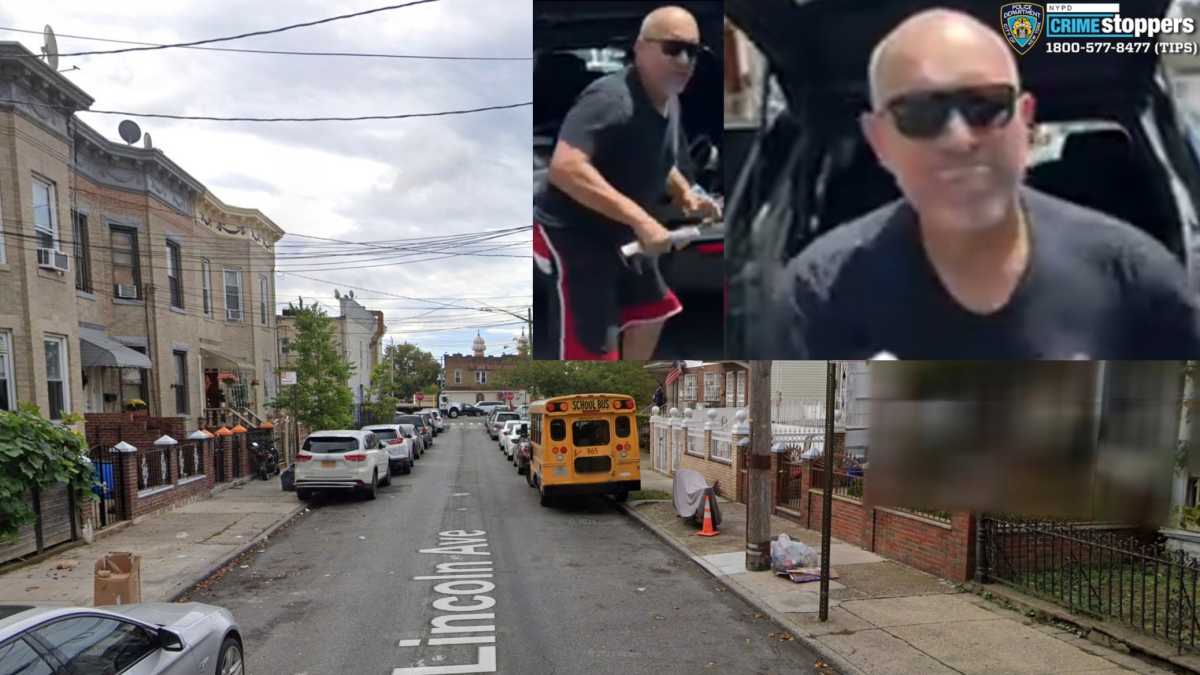Tenants of a rent-stabilized Sunset Park apartment building that was ravaged by a fire last fall have filed a lawsuit against their landlords and city and state regulatory agencies, claiming the building’s owners have made illegal changes to their apartments in an attempt to permanently displace residents.
Landlords made changes to rent-stabilized units
According to the suit, filed in Manhattan Supreme Court late last month, landlords Jane and Xiang Yang and William Yang, LLC, illegally applied for permits from the city’s Department of Buildings to make significant layout changes to at least four of the six units at 475 43rd St. Because the building is rent-stabilized, any significant changes should have first been approved by the state’s Division of Homes and Community Renewal – but the landlords skipped that step, and DOB approved the changes without state input.
With the permits approved and tenants still displaced by the fire, the landlords got to work on “renovations” — which included building new walls and adding new doorways and flooring, according to DOB records. The changes would make significant changes to the affected apartments — adding bathrooms, changing the location of the kitchens — and, most importantly, reducing the size or number of bedrooms.
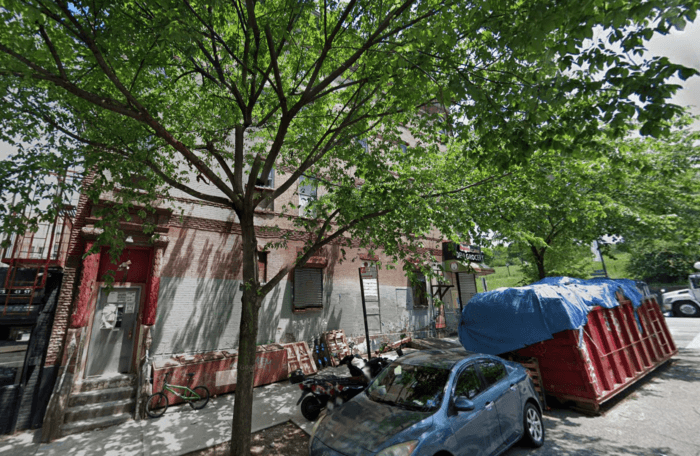
“If the plans and permits are not nullified, and the Landlords proceed with construction on Petitioners’ apartments, Petitioners will be irreparably harmed, as the apartments will no longer fit the needs of their families,” the suit reads.
In addition to the landlords, the lawsuit — filed by the Legal Aid Society, representing the tenants — targets DOB and DHCR. The tenants and their lawyers say DOB violated the law when they approved the permits without ensuring they had been cleared by DHCR.
An email to the landlord’s prior legal representation was not immediately returned.
“Our clients and their families are facing permanent displacement from their homes and communities because these unscrupulous landlords are exploiting a loophole that could easily be corrected if DHCR and the DOB merely coordinated with one another,” said Nell Hirschmann-Levy, supervising attorney with the Legal Aid Society’s Housing Justice Unit. “It is reprehensible that these agencies have not addressed or attempted to address this egregious practice on their own. We look forward to fighting on behalf of our clients in court.”
The action asks that the court vacate the DOB’s acceptance and approval of the permit applications for 475 43rd St. and make more significant changes to city law by “declaring that DOB’s policy and practice of approving plans for altering and/or reconfiguring rent-stabilized apartments without approval by HCR violates the New York City Charter, Building Code, and Rent Stabilization Laws and Code.”
Finally, the suit demands the court force DOB to implement new measures that would prevent the department from approving changes to rent-stabilized units without DHCR approval.
Reducing the size and number of bedrooms could force tenants out of their homes because the apartments no longer comfortably fit their families, Hirschmann-Levy told Brooklyn Paper, which could enable the landlords to charge new tenants higher rents — likely in violation of rent-regulation laws.
“Landlords are looking for opportunities, often, to rent to young, wealthier professionals who might not know the laws,” she said. “… they get an apartment, they’re excited to get it, and they don’t necessarily question the regulatory status. And see landlords sometimes overcharging tenants rent without them knowing it.”
When landlords apply for alteration permits, they must disclose to DOB if the building contains rent-regulated or stabilized units — and the landlords at 475 43rd St. did disclose that, Hirschmann-Levy said. But that didn’t trigger any kind of automatic rejection with DOB, and she is frustrated at the lack of coordination between the department and DHCR.
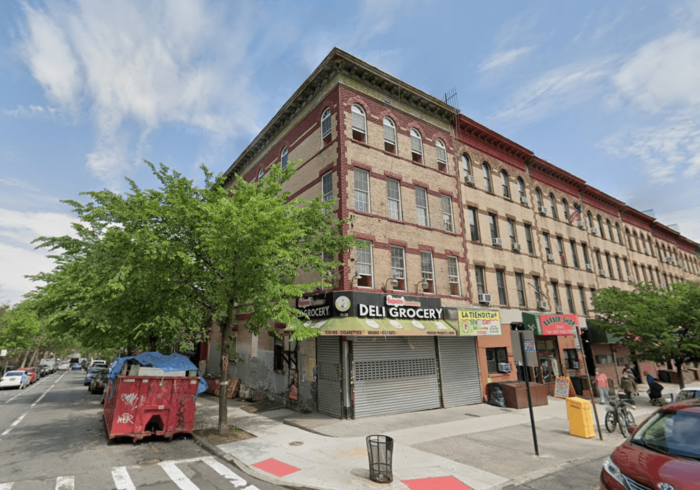
“The fix, to me, seems simple. There’s about 1 million rent-regulated or rent-stabilized apartments in New York City. They could have a list – I mean, DHCR knows which apartments are registered, because they’re registered with DHCR,” she said.
“We are legally obligated to issue a permit for a construction project when all of the requirements that we are legally allowed to enforce are satisfied,” said DOB spox Ryan Degan in a statement. “DOB approvals do not absolve a property owner of their responsibility to comply with the regulations of other government agencies. We are reviewing the suit.”
A larger issue for tenants citywide
The Legal Aid Society has other civil and criminal cases against the landlord in Brooklyn Housing Court, Hirschmann-Levy said, and they have previously been ordered to restore the apartments to their pre-fire condition and layouts — but have refused to comply with court orders. She hopes that the Supreme Court will both change city and state policy and force the landlord to make those changes.
“HCR is committed to protecting the rights of rent regulated tenants by enforcing and administering the law as enacted by the Legislature and interpreted by the Courts,” a DHCR representative told Brooklyn Paper. “HCR does not comment on pending litigation.”
Landlords all over the city have been taking advantage of the same legal loopholes for years, she said, and the Legal Aid Society is currently fighting several similar fights in Brooklyn and elsewhere. As long as legal battles continue in court, the landlords can delay making actual changes, and tenants grow more distant from their homes.
Some of the Sunset Park tenants have been staying with family members and one stayed in a shelter short-term right after the fire.
“Children and families are connected to certain schools and medical facilities, whatever it is – and when you’re forced to leave your area, potentially for over a year, maybe closer to two years – it sometimes gets closer to move back, and landlords know that,” Hirschmann-Levy said.
Update 10/26/22, 2:01pm and 10/17/22, 12:19am: This story has been updated with comment from the Department of Buildings and the Division of Homes and Community Renewal.


